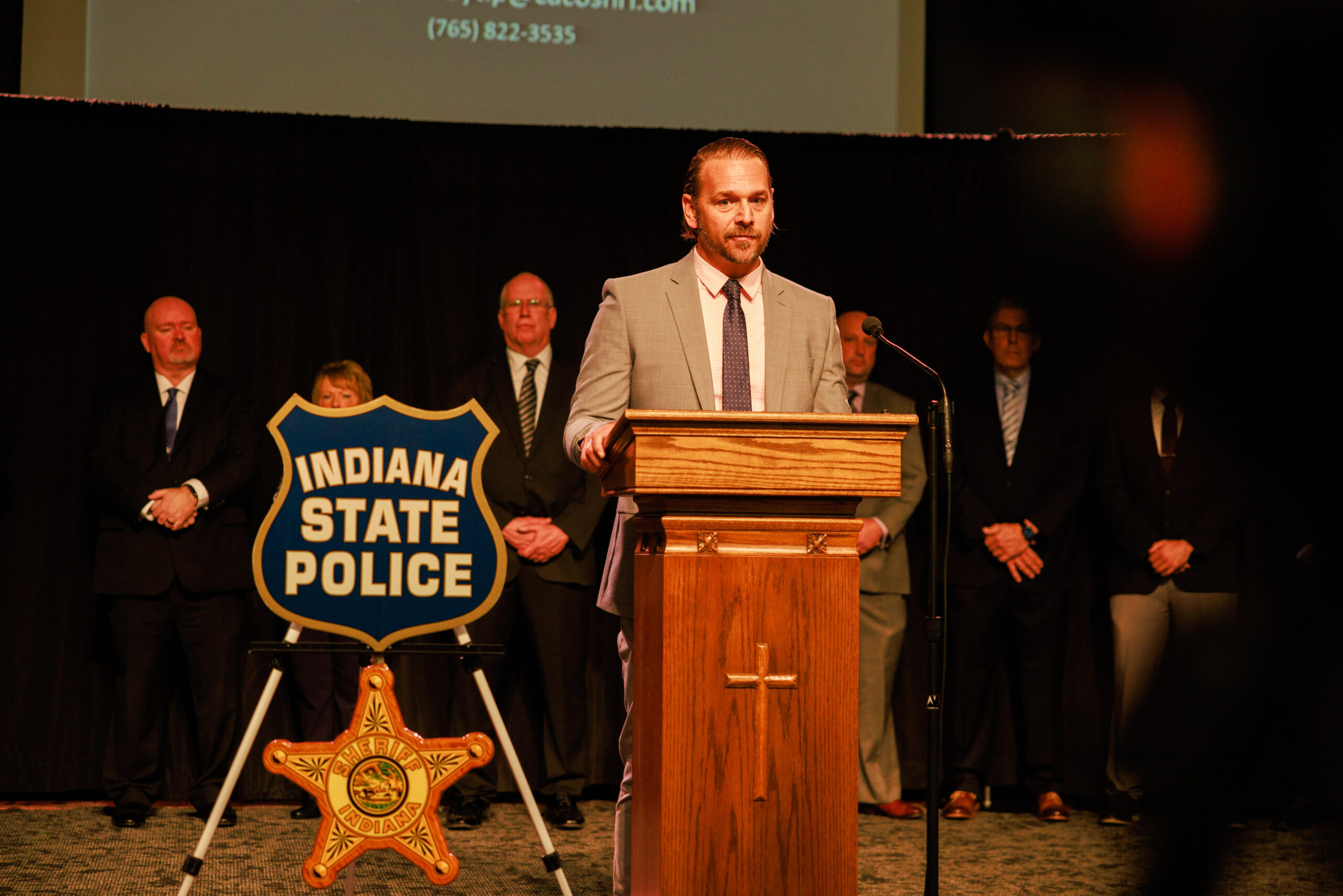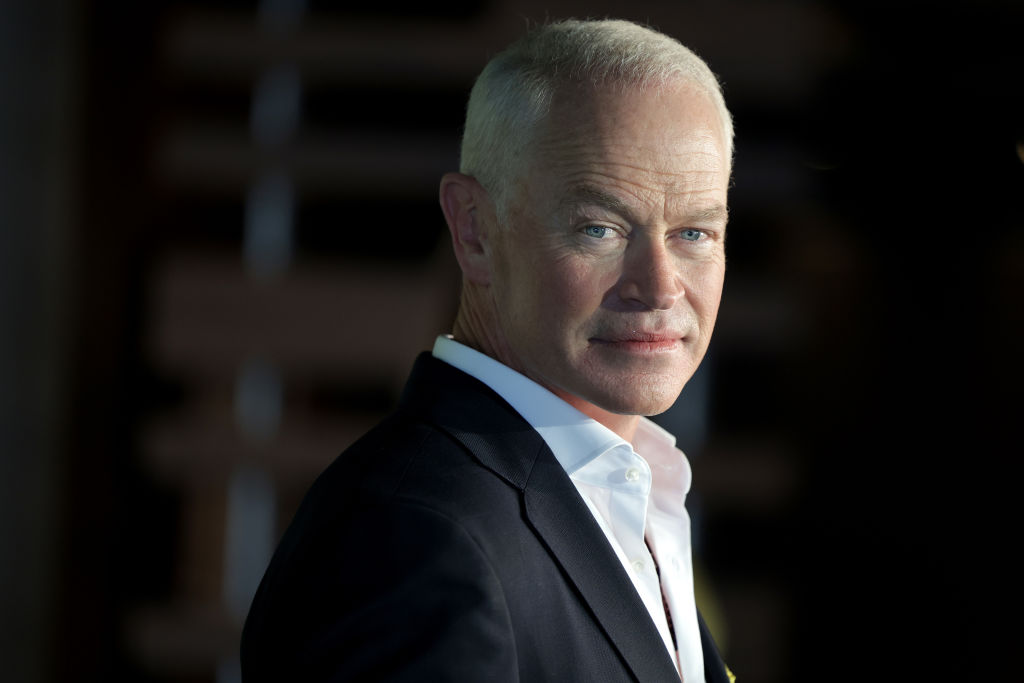Durham: CIA Knew Trump-Russia Collusion Promises Were BS Since 2017
An agency believed to be the CIA concluded the data underpinning certain Trump-Russia collusion allegations was not “technically plausible” by early 2017, casting further doubt on claims pushed by the Clinton campaign before the 2016 election.
Democratic cybersecurity lawyer Michael Sussmann was indicted last September for allegedly concealing his clients — Hillary Clinton’s 2016 presidential campaign and “Tech Executive-1,” known to be former Neustar executive Rodney Joffe — from FBI general counsel James Baker in September 2016 when he pushed since-debunked claims of a secret back channel between the Trump Organization and Russia’s Alfa Bank.
The September 2021 indictment alleged Sussmann lied when he said he was not providing the domain name system data allegations to the FBI on behalf of any client when he was, in fact, doing so on behalf of Joffe and the Clinton campaign.
Durham is also scrutinizing claims Sussmann made to the CIA in February 2017 about Russian phones, called YotaPhones, which the Democratic cybersecurity lawyer had claimed linked former President Donald Trump to these phones near the White House.
Durham revealed Friday that while the FBI “did not reach an ultimate conclusion regarding the data’s accuracy or whether it might have been in whole or in part genuine, spoofed, altered, or fabricated” as it was being pushed to government agencies, the CIA “concluded in early 2017 that the Russian Bank-1 data and Russian Phone Provider-1 data” — the Alfa Bank and YotaPhone information — was not “technically plausible,” did not “withstand technical scrutiny,” was “user created and not machine/tool generated,” “contained gaps,” and “conflicted with [itself].” The special counsel said his office “has not reached a definitive conclusion in this regard.”
Durham said his prosecutors expect to cite evidence at trial reflecting that “the FBI and Agency-2 concluded that the Russian Bank-1 allegations were untrue and unsupported.”
The special counsel said earlier this year that Sussmann told the CIA about the dubious Russian bank connection during the 2017 meeting in which he again allegedly misled about who his client was. Sussmann “provided data which he claimed reflected purportedly suspicious DNS lookups by these entities of internet protocol addresses affiliated with a Russian mobile phone provider” that also “demonstrated that Trump and/or his associates were using supposedly rare, Russian-made wireless phones in the vicinity of the White House and other locations,” according to the special counsel.
“The Special Counsel’s Office has identified no support for these allegations,” Durham wrote in February.
JUDGE DENIES SUSSMANN EFFORT TO TOSS DURHAM INDICTMENT
Durham revealed this year he has evidence Joffe “exploited” DNS internet traffic at Trump Tower, Trump’s Central Park West apartment building, and the Executive Office of the President. The special counsel said in October that Joffe exploited his company’s access to data at a “high-ranking executive branch office” both before and after the 2016 election.
In December 2019, Michael Horowitz, the inspector general of the Justice Department, said the FBI “concluded by early February 2017 that there were no such links” between Trump and Alfa Bank.
When asked about the Alfa Bank claims during House testimony in summer 2019, special counsel Robert Mueller said, “My belief at this point is that it’s not true.” Mueller also “did not establish” any criminal collusion between Trump and Russia.
A bipartisan Senate Intelligence Committee report released in August 2020 said investigators “did not find that the DNS activity reflected the existence of substantive or covert communications between Alfa Bank and Trump Organization personnel.”
The special counsel’s September 2021 press release reiterated: “The FBI ultimately determined that there was insufficient evidence to support the allegations of a secret communications channel.”
Alfa Bank said in 2016 the claims were “patently false.”
Sussmann’s lawyers have sought to block Durham from providing certain details related to the accuracy of the Alfa Bank claims, but the special counsel told the judge “the defendant’s efforts to pre-emptively bar additional evidence concerning the accuracy of the data and allegations at issue also should be rejected.”
The special counsel said the approach to this issue would depend upon the “particular defenses and arguments that the defendant raises” during the trial, with Durham saying that if Sussmann “were to concede or decline to dispute the fact that no secret channel of communications actually existed” between the Trump Organization email server and Alfa Bank, then prosecutors “would not seek to offer proof concerning the ultimate accuracy and reliability of the relevant data.”
CLICK HERE TO READ MORE FROM THE WASHINGTON EXAMINER
Durham also pushed back on Sussmann’s efforts to limit the testimony of special agent David Martin of the FBI Cyber Unit, with the special counsel saying if the defendant attempted to obtain trial testimony about the accuracy of the data he provided, then Martin would explain the data “did not support the conclusions set forth in the primary white paper which the defendant provided to the FBI.”
The special counsel said Martin would also testify that “numerous statements in the white paper were inaccurate and/or overstated” and that people familiar with areas such as DNS data “would know that such statements lacked support and were inaccurate and/or overstated.”
" Conservative News Daily does not always share or support the views and opinions expressed here; they are just those of the writer."





